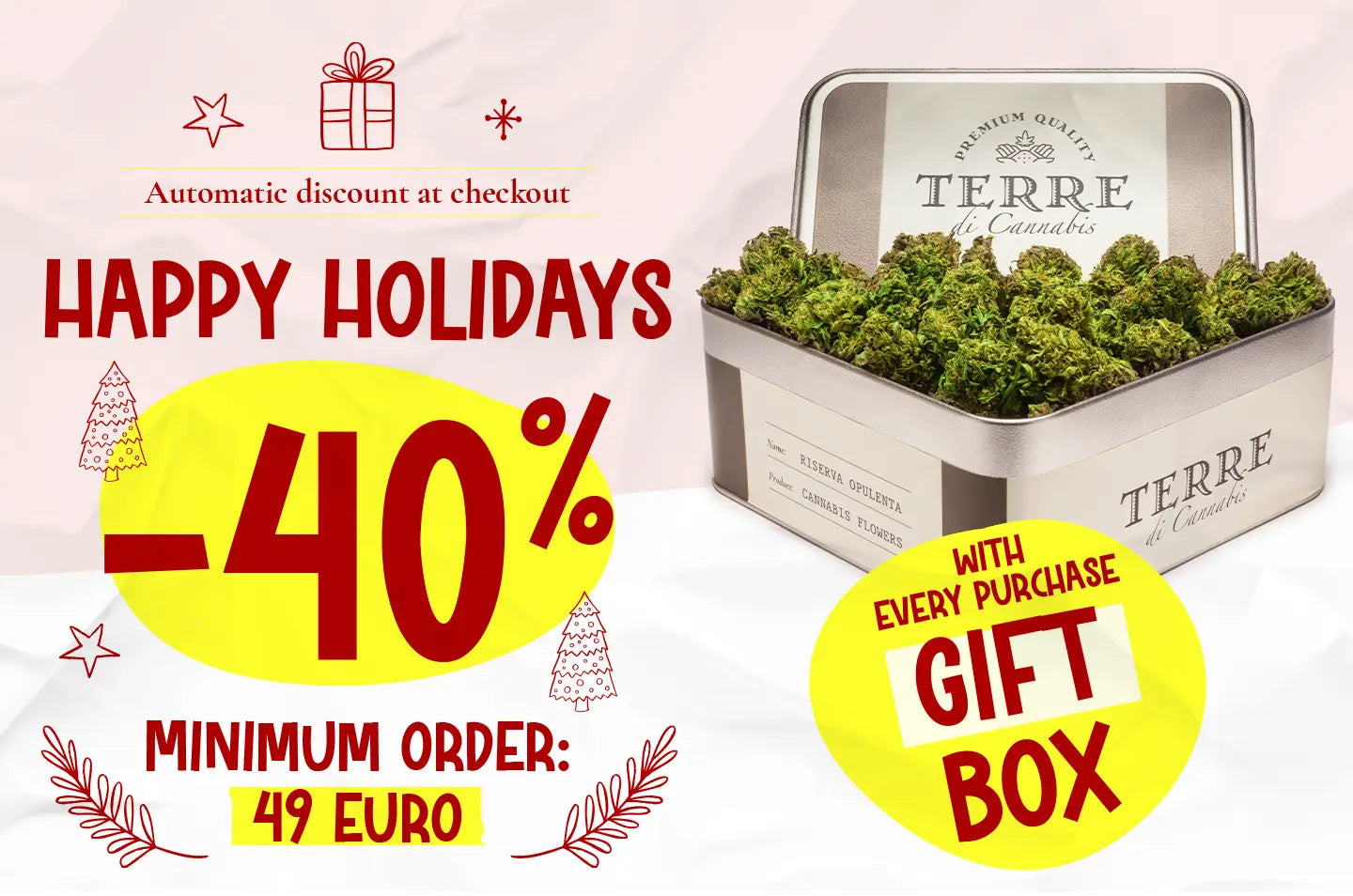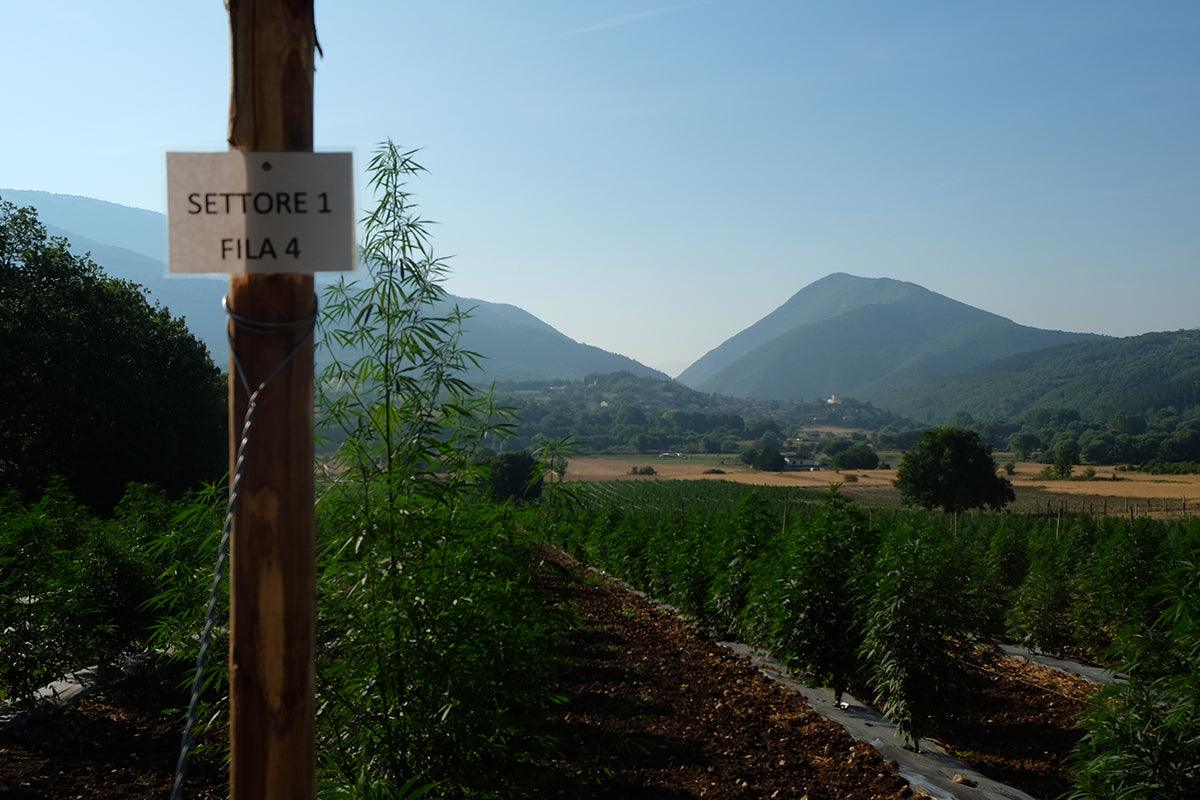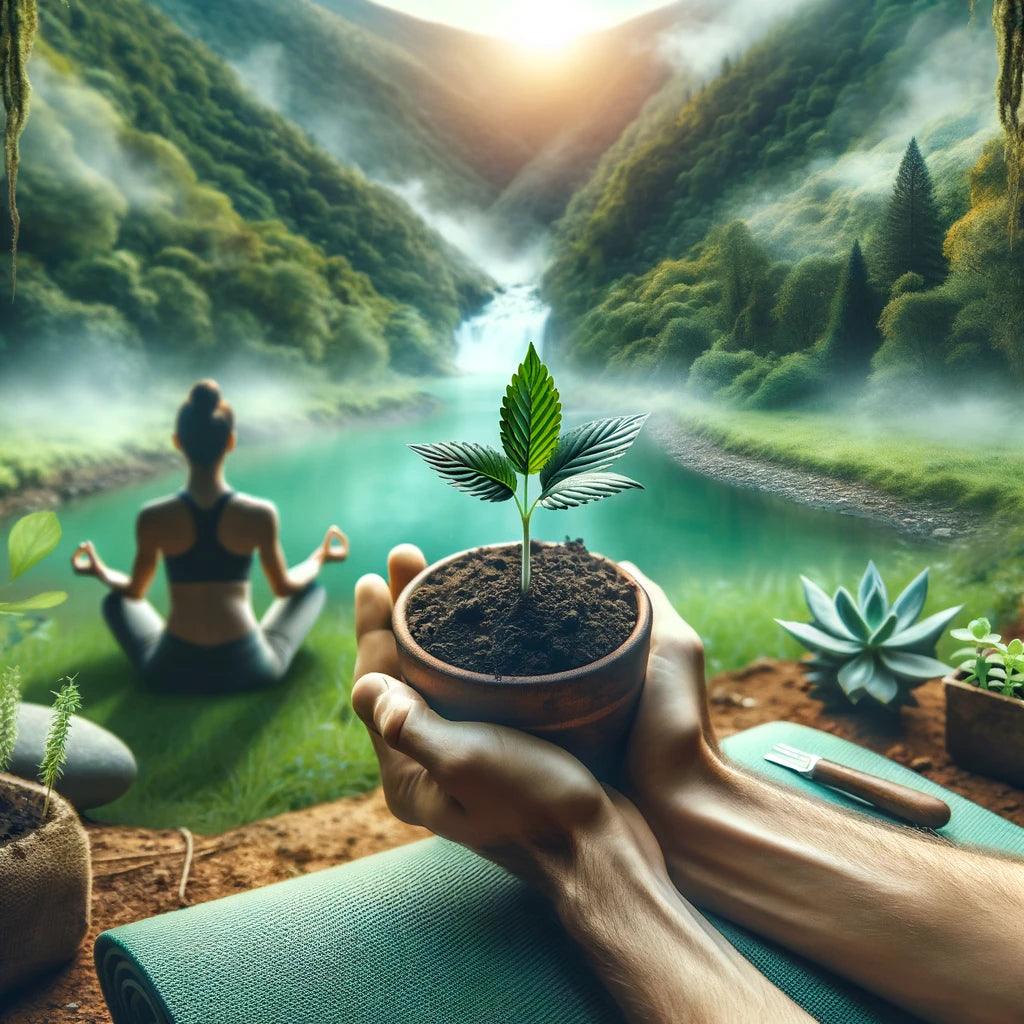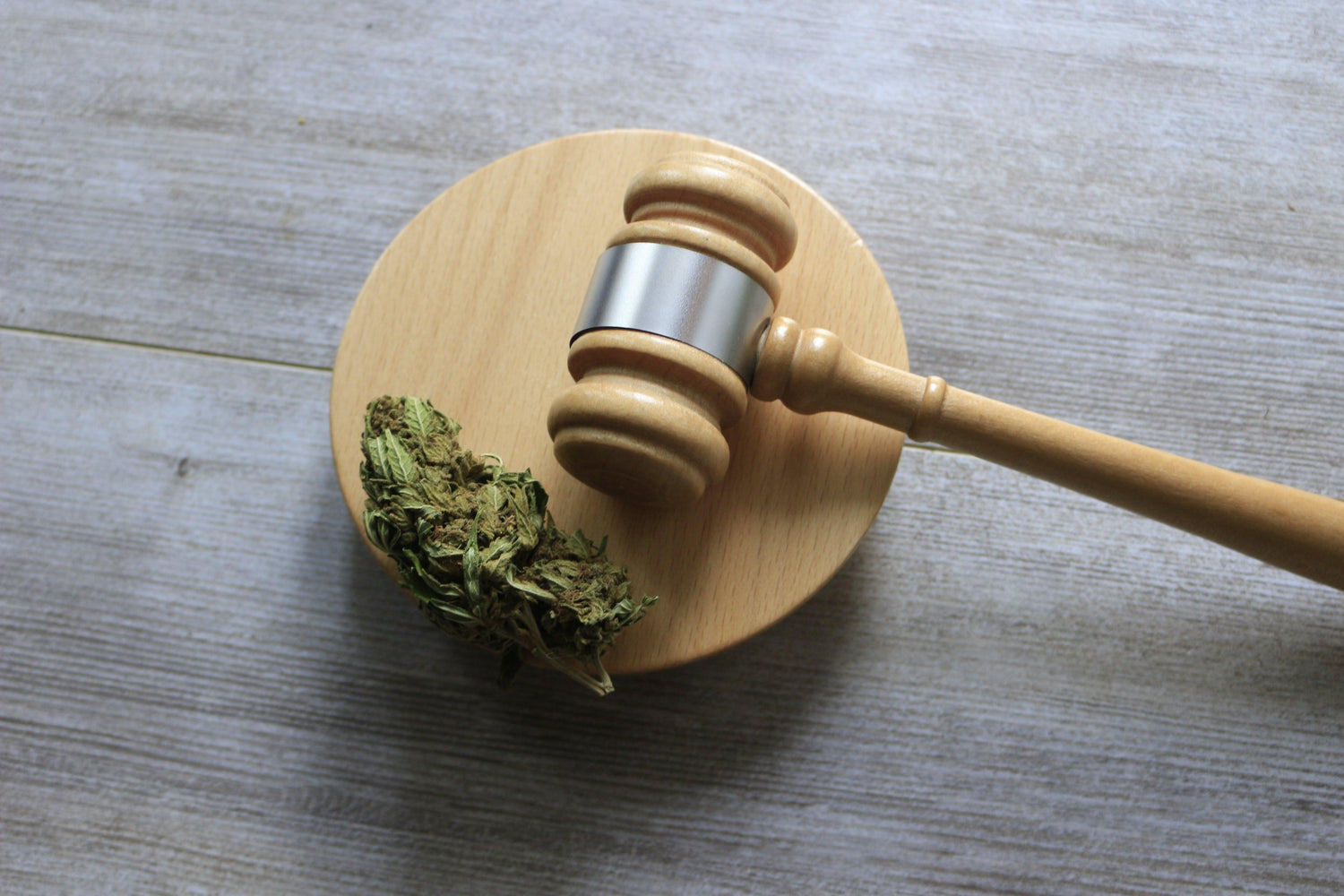On May 30, the Court of Cassation ruled on the future of light cannabis derivatives. He did so with these words: "it is a crime to market oil and resin derived from cannabis" if the absence of a doping effect is not demonstrated.
The topic is very complex, above all because it involves a very large number of companies and people who have decided to invest in a new and expanding market. Italy, together with Switzerland, in 2018 legalized the consumption of the so-called light cannabis, cannabis sativa almost entirely deprived of THC.
Light cannabis contains THC and CBD like any other cannabis plant, but the percentages of the two active ingredients are different from those of the illegal plant, and above all they are regulated. In fact, legal hemp can contain up to 0.2% THC , a quantity that excludes the occurrence of psychoactive effects, guaranteeing relaxation due to CBD and no other side effects. In recent years, many countries have legalized marijuana for therapeutic or recreational purposes , restoring dignity to a plant with a thousand potentials.
How was cannabis light legalized in Italy?
In Italy , light marijuana is legal thanks to law 242/2016 on the cultivation and supply chain of hemp. The law has restored dignity to a precious plant, which it defines as "a crop capable of contributing to the reduction of the environmental impact in agriculture, the reduction of land consumption and desertification and the loss of biodiversity, as well as a crop to be used as possible substitute for surplus crops and as a rotation crop".
This is cannabis sativa with a very low THC content (< 0.2%), and in particular the rule "applies to hemp cultivations of the permitted varieties registered in the Common Catalog of varieties of agricultural plant species, pursuant to the article 17 of Council Directive 2002/53/EC of 13 June 2002, which do not fall within the scope of application of the consolidated law on the regulation of narcotic drugs and psychotropic substances".
The law, which aimed to protect growers, however makes no mention of inflorescences. To produce "light" cannabis, which maintains the properties of cannabidiol without the psychoactive effects of THC, industrial hemp inflorescences already present in the official list of cultivable seeds in Italy are used, therefore already with a THC content lower than the limit of law. These are flowers that are left over from production for other purposes and whose sale is not openly permitted by law 242/2016.
Matteo Salvini's crusade
It is precisely the sale of inflorescences that arouses suspicion within the new government. The leader of the League Matteo Salvini immediately set out to stop the opening of new hemp shops and the sale of inflorescences, convinced that behind the legal facade, those shops hide an illegal business.
"I will give instructions to all those responsible for law enforcement - said Salvini - to go and check all the shops, the alleged tourist cannabis shops, which as far as I am concerned must be sealed from first to last because they are an incentive to drug dealing and to the use of narcotic substances. There are more than a thousand of them outside of any rule and any control. I don't wait for justice, drugs are a devastating national emergency and therefore we must use all democratic methods to put an end to these places of mass re-education. Now let's use strong methods."
The ruling of the Court of Cassation
The Court of Cassation had to decide to find a meeting point between two different provisions, one issued by the Fourth Criminal Section, the other by the Sixth, which gave essentially opposite opinions on the cannabis trade. In essence, as of today, the sale of oils, resin, inflorescences and leaves of marijuana sativa is prohibited , because the regulation on cultivation does not include them among the marketable derivatives. Those who sell them therefore do so illegally, unless these products are actually "without drugging efficacy" . To better understand which products are at risk and which are not, we awaited the reasons for the ruling, published on 10 July.
According to the reasons for the ruling of the Court of Cassation, "if there is a doping effect, the sale of cannabis derivatives is also prohibited " . With this ruling the limits to the law were set: according to the judges what needs to be verified is not the percentage of active ingredient, but the concrete suitability to produce a doping effect .
According to the Court of Cassation therefore " the law on cultivation does not apply for the marketing of products based on cannabis sativa , in particular leaves, inflorescences, oil, resin, but the text on drugs (Presidential Decree 309/90) applies", consequently the sale of derivatives of cannabis sativa is illegal . The ruling states that the transfer, offering for sale and marketing to the public in any capacity of leaves, inflorescences, oil and resin, or all derivatives from the cultivation of so-called light cannabis, is illicit.
On the contrary, again according to the judges, " the cultivation of cannabis is permitted without the need for authorization but only products strictly listed by law 242 of 2016 can be obtained: food, fiber and fuel can be obtained but not hashish and marijuana ".
The Court of Cassation then specified that it will not be possible to invoke the justification of the THC level below 0.6%, provided for by law 242 of 2016: this only applies to the grower, in order to safeguard cases in which the maturation of the product causes the levels of the active ingredient to rise.






